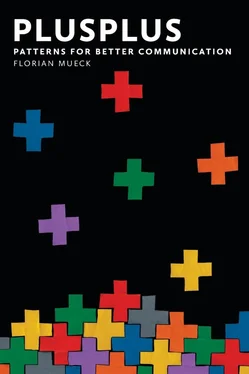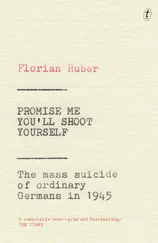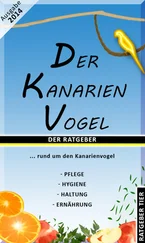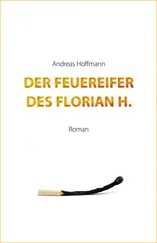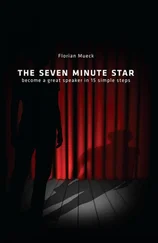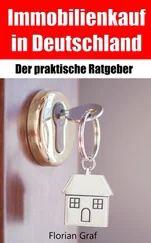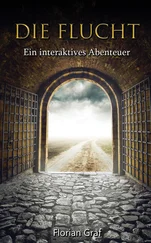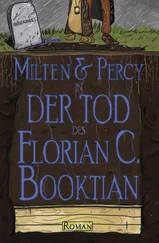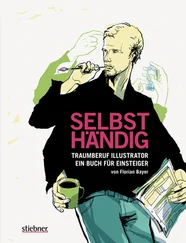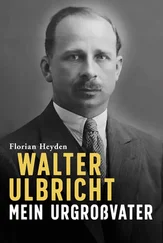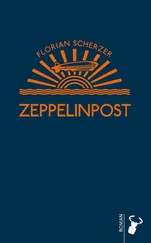Florian Mueck - PlusPlus
Здесь есть возможность читать онлайн «Florian Mueck - PlusPlus» — ознакомительный отрывок электронной книги совершенно бесплатно, а после прочтения отрывка купить полную версию. В некоторых случаях можно слушать аудио, скачать через торрент в формате fb2 и присутствует краткое содержание. Жанр: unrecognised, на английском языке. Описание произведения, (предисловие) а так же отзывы посетителей доступны на портале библиотеки ЛибКат.
- Название:PlusPlus
- Автор:
- Жанр:
- Год:неизвестен
- ISBN:нет данных
- Рейтинг книги:4 / 5. Голосов: 1
-
Избранное:Добавить в избранное
- Отзывы:
-
Ваша оценка:
- 80
- 1
- 2
- 3
- 4
- 5
PlusPlus: краткое содержание, описание и аннотация
Предлагаем к чтению аннотацию, описание, краткое содержание или предисловие (зависит от того, что написал сам автор книги «PlusPlus»). Если вы не нашли необходимую информацию о книге — напишите в комментариях, мы постараемся отыскать её.
PlusPlus — читать онлайн ознакомительный отрывок
Ниже представлен текст книги, разбитый по страницам. Система сохранения места последней прочитанной страницы, позволяет с удобством читать онлайн бесплатно книгу «PlusPlus», без необходимости каждый раз заново искать на чём Вы остановились. Поставьте закладку, и сможете в любой момент перейти на страницу, на которой закончили чтение.
Интервал:
Закладка:
Now, I’ve played baloney-bingo myself (I was a business consultant for almost a decade), so I thought, What a great blah-blah phrase! I wanted to know more about it.
During our lunch break my clients explained their integrated frozen food chain to me. I learned about a Swedish farmer named Mr. Mallmö, who grows peas. A driver picks them up, and in less than two hours the fresh product has been flash-frozen. After they’ve been packaged, the peas are delivered to sales centers throughout Europe — one of them in Kamp-Lintfort, close to Düsseldorf. Thomas Müller is a driver there. His client, the 92 year-old Mrs. Theissen, sometimes orders peas. When she does, Thomas drives to her home and walks up to the fourth floor carrying the peas in a special box. Thomas Müller usually chats about life for a while with Mrs. Theissen, before he takes the peas to her freezer, opens the door, and places them on the shelf. From a Swedish field to Mrs. Theissen’s freezer — an integrated frozen food chain.
I looked at them, frowned, and asked, Why don’t you tell that story instead?
Stories connect with people much more than fancy marketing expressions ever could. As you’ve already learned, personal anecdotes and stories make a great opening, so you can connect right from the start.
Once I gave an inspirational speech at the Berlin-based web conference Heureka! 550 people out there in front of me, poor acoustics with a severe echo, and high expectations. It was then that I experienced the power a personal anecdote can have as a speech opener:
Last Tuesday morning I woke up in our home in Bigues i Riells, a small mountain village on the outskirts of Barcelona. I woke up because someone was licking my hand. It was Lucas — our Golden Retriever.
I turned around to give Rose, my sweetheart, a good-morning hug, but then I remembered that she was on a business trip to Madrid.
So I got up, went to the kitchen, and made myself some coffee. I opened the computer, checked my Twitter account, then had my first sip of coffee.
I got dressed and went out. It was a sunny day — as usual. I went to the mailbox to pick up the mail, and that one letter caught my attention in an instant. I rushed back to the kitchen, dropped the other letters, opened the envelope, unfolded the letter, and thought — Heureka!
You should’ve seen them. Without saying anything, but building suspense, I managed to get everyone in the entire room listening to me, right from the start. It was fantastic!
It’s a good idea to begin your stories at a particular moment in the past, like last Tuesday morning or two months ago . That signals that a story is coming, and your audience will be hooked right away.
Your life is full of the greatest stories you could possibly tell. Tell as many stories as possible. And the best thing? These stories are already in your head. You don’t even need to use notes.
Boost your content even more by telling stories.
THE SIX-WORD STORY
Ernest Hemingway, the famous American writer, was a master of packing a great deal of meaning into just a few words. He became famous for his compelling short stories, such as The Killers (1927). Later he wrote such masterpieces as For Whom The Bell Tolls , The Old Man And The Sea , and The Sun Also Rises .
Once a friend challenged Hemingway to come up with a short story of only six words. Never short of self-esteem, Hemingway took on the challenge. The result is impressive:
For sale: baby shoes, never worn.
With only six words Hemingway manages to drive our imagination into the wildest directions. It’s an art to say less but express more.
Public speakers tend to do exactly the opposite. They talk more and say less. They have difficulty getting to the point, or they never hit their target at all.
Less is more — it’s the golden rule of public speaking.
If you changed your job because you didn’t get along with your boss, there’s no need to explain that conflict-laden relationship in detail — that he never really liked you because you voted for the wrong political party, and on top of that, he tried to hit on your wife at the Christmas party, but she wasn’t interested and he couldn’t cope with the rejection, and — and — and —
You get the point? All you need to say is that you changed jobs because you and your boss didn’t get along. Less is more.
It’s like Cinderella, who separates the good peas from the bad peas.
Look for words and phrases that resonate with meaning. Every word counts in public speaking, and every word less counts more.
Boost your content even more by talking less and saying more.
A BUNCH OF RED, YELLOW AND ORANGE FLOWERS
When you tell stories in a speech, be very descriptive.
You could say, She gave me a bunch of flowers.
Or you say, She gave me a bunch of red, yellow and orange spring flowers.
You could say, I crossed the street.
Or you say, I crossed the dimly lit street.
You could either say, A friend of mine from the UK.
Or you could say, A college buddy of mine from Bristol, with whom I shared a room and some of the best days of my life.
As public speakers we can learn from great novelists like Thomas Mann, Ernest Hemingway or Charles Dickens. Be more descriptive; add color to your speech content. Play with the imagination of your audience.
Boost your content even more by being more descriptive.
THEY HAVE FIVE SENSES
We can hear. We can see. We can smell. We can taste. We can feel the things we touch and that touch us. People have five senses. A great way to boost your storytelling is to trigger all five senses of your audience.
What most public speakers do well is appeal to people’s visual sense:
Suddenly I was standing in front of this imposing Gothic church.
And then a sleazy businessman in his early fifties approached me.
I was standing in front of the cheesiest Chrismas tree I had ever seen.
What you can do even better in public speaking is to activate all the other senses — hearing, touch, smell and taste.
Examples: “Hearing”
I heard a squeeking sound.
We listened to the song “With Or Without You" by U2.
The deep growl of an accelerating Harley-Davidson woke me up.
Examples: “Touch”
The skin of the great white shark felt like sandpaper.
I touched the hot iron.
The fine white sand of the Seychelles beach slipped softly through my fingers.
Examples: “Smell”
My neighbor’s freshly baked Streusel cake reminded me of happy days in my childhood.
It smelled like conference coffee.
A choking black cloud of diesel smoke enveloped us.
Examples: “Taste”
It tasted like crispy Oktoberfest chicken.
I will never forget the fruitfully acid taste of that 2004 Numantia red wine.
The peach was so ripe it tasted like innocence.
The senses of hearing and smell offer the most pregnant possibilities for distinguishing yourself from other speakers. Songs, sounds, and smells, blended and seasoned, make a fantastic rhetorical dish.
Boost your content even more by touching all five senses of your audience.
“I”, NOT “ONE”
Storytelling needs to be personal. When we talk about difficult times in life, weaknesses, failures, or other topics that make us uneasy, we tend to switch from the personal “I” form to the impersonal “you” or “one” form.
Example: “Subway ticket”
When you become an entrepreneur and face economic thunderstorms, it could happen that you find yourself standing in front of the ticket machine at a subway station, and suddenly you realize — you cannot even pay for a ticket.
Читать дальшеИнтервал:
Закладка:
Похожие книги на «PlusPlus»
Представляем Вашему вниманию похожие книги на «PlusPlus» списком для выбора. Мы отобрали схожую по названию и смыслу литературу в надежде предоставить читателям больше вариантов отыскать новые, интересные, ещё непрочитанные произведения.
Обсуждение, отзывы о книге «PlusPlus» и просто собственные мнения читателей. Оставьте ваши комментарии, напишите, что Вы думаете о произведении, его смысле или главных героях. Укажите что конкретно понравилось, а что нет, и почему Вы так считаете.
